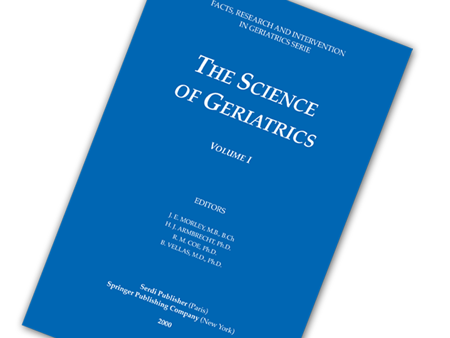Sinclair A et al (London) underline in a recent editorial (J Prev Alz Dis 2018;5(2):95-97) the important contribution that Diabetes makes to the aetiology of both vascular and neurodegenerative dementia syndromes. It has been observed that diabetes in the presence of hypertension leads to a more pronounced cognitive decline and that at an early stage of cognitive decline (mild cognitive impairment (MCI)), diabetes accelerates the progression of MCI to dementia.
Research into diabetes and cognitive decline has not been straightforward with many earlier studies being limited in their interpretation of causal relationships between diabetes and the development of dementia because of their cross-sectional nature . However, a large number of prospective longitudinal studies have formed a platform to shed light on these intriguing relationships. These generally confirm that dementia risk in those with diabetes is 2-3 higher than those without diabetes and this applies to both Alzheimer’s Disease and vascular dementia. As cognitive impairment leads to difficulties in diabetes self-care, it is advisable to screen for cognitive impairment routinely and opportunistically all patients aged 55 years and over with type 1 or type 2 diabetes as part of an individual plan of care. This recommendation is supported by observations from a large case control study in older people aged 65 years and over showing the impact of poor cognition on a wide range of actions, consequences and behaviours: in summary, diabetic subjects with an MMSE score <23 were significantly less likely to be involved in diabetes self-care (P<0.001) and diabetes monitoring (P<0.001), and a low MMSE score was also significantly associated with higher hospitalisation in the previous year (P=0.001), reduced ADL (activities of daily living) ability (P<0.001) and increased need for assistance in personal care (P=0.001)



